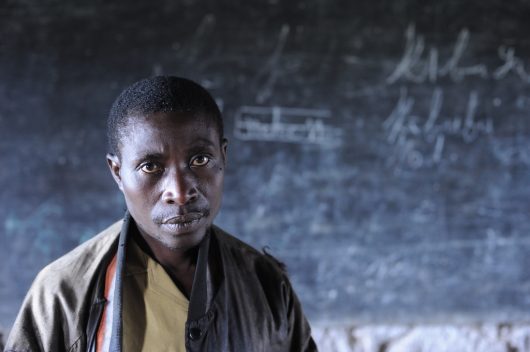Gender Parity and Early-Grade Literacy Rates in Rwanda

Although faced with problems in the past, the education system in Rwanda is making an ambitious effort to attain gender equality and increase early-grade literacy, as revealed by a 2016 UNICEF study. Thanks to government programs aimed at improving basic education and utilizing newer teaching methods, literacy rates in Rwanda signal signs of improvement.
With a population of more than 11 million, Rwanda is the most densely populated country in Africa, and half of its population is under 18. With such a large community of young people, the improvement and dissemination of education throughout the country is vital for its socioeconomic development. Rwanda’s government values education as critical for peaceful development, and has thus increased its allotment in the national budget from 17% (2012-2013) to 22% (2017-2018).
Rwanda has enjoyed a decrease in poverty over the past 20 years, accompanied by economic growth and burgeoning education standards. The country has also sought to improve education by focusing on key challenges such as dropout rates, teacher training and the improvement of educational tools for special needs children.
Because of these efforts to improve education, literacy rates in Rwanda have increased steadily. Early-grade literacy programs focus on teaching children in their native language of Kinyarwanda, which then continues into lessons in French and English. Assessments indicated that children were greatly affected by the improvement in their learning environments and the results of educator training.
This dedication to education is paying off — Rwanda has the highest primary school enrollment rate of any country in Africa, and has achieved gender parity in elementary education programs, with girls’ enrollment actually higher (98%) than boys’ (95%). In secondary education, girls now comprise 52% of enrolled students.
There are still a few challenges facing the Rwandan school system. Children in rural areas, as well as those born during or shortly after the 1994 genocide, are far behind in literacy and lack access to quality education. UNICEF has found that teacher training and parental involvement are two key factors in improving education in rural Rwanda.
Despite hurdles to improving its education system, Rwanda is making great progress in improving the lives of its children. With a continued focus on rural school systems, educator training and early-grade reading programs, its government stands to strengthen and stimulate an entire generation of young minds. If the rising literacy rates in Rwanda are any reflection of the trajectory of the country’s children, they will find they have only the sky as the limit.
– Emily Marshall
Photo: Flickr
